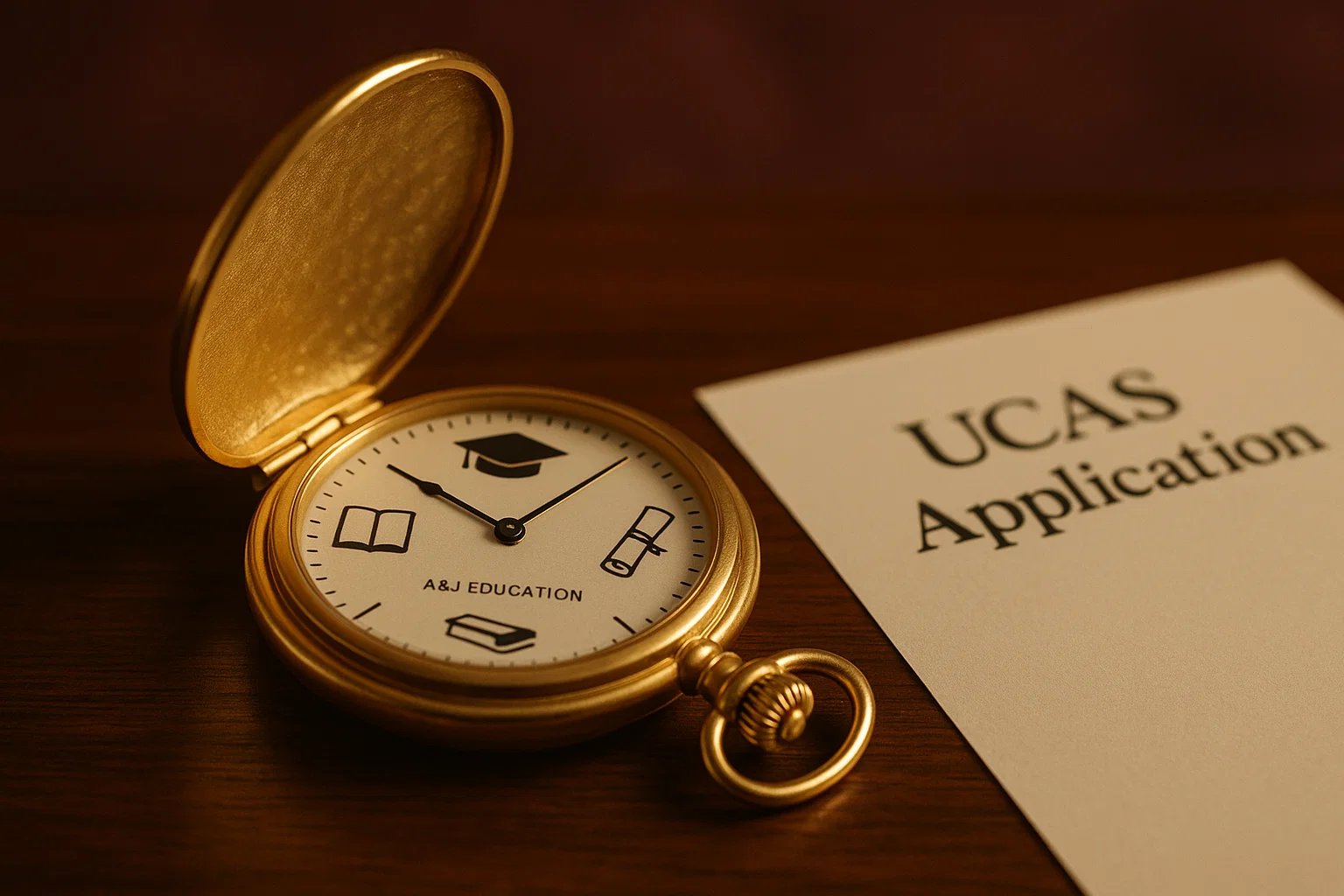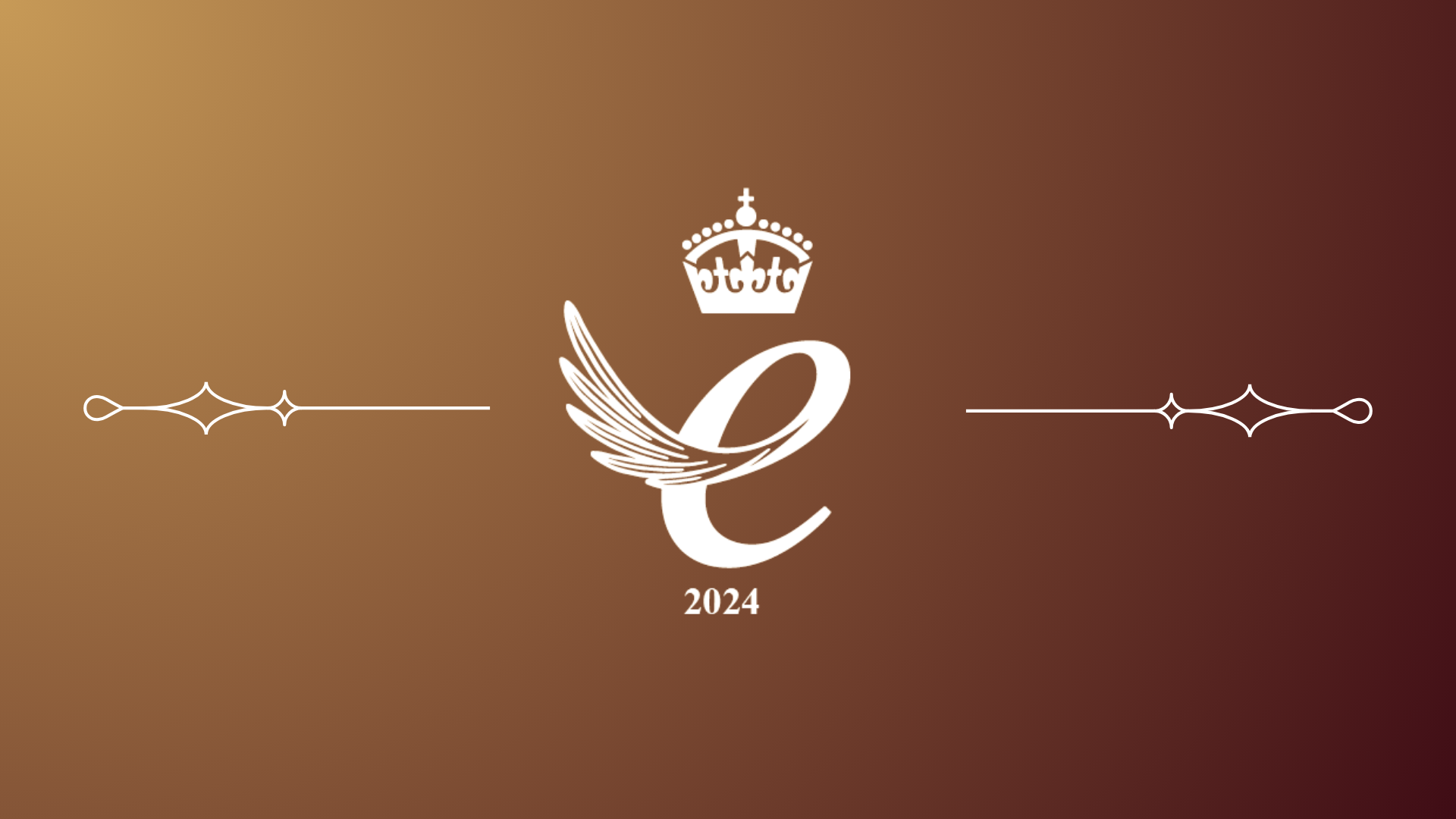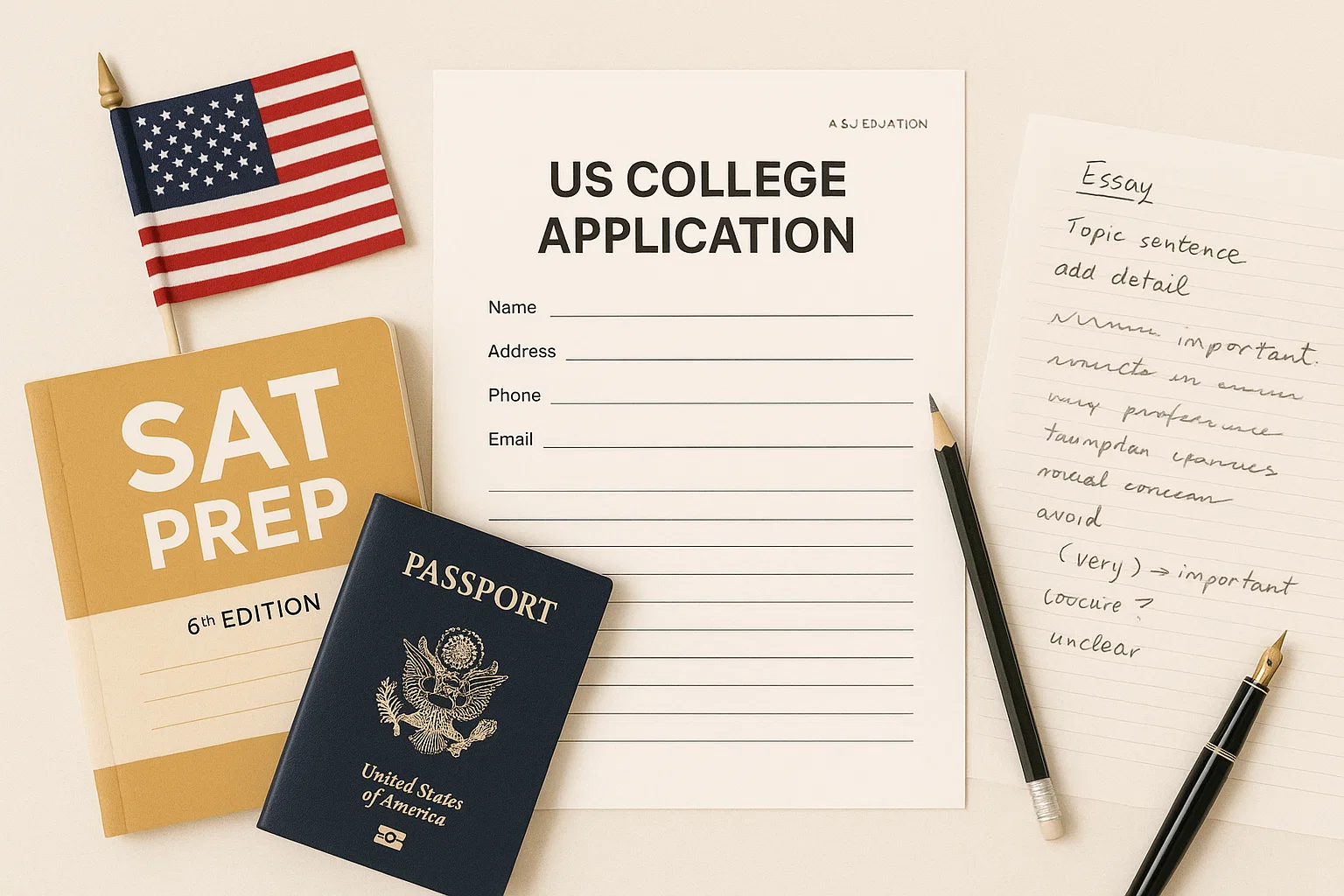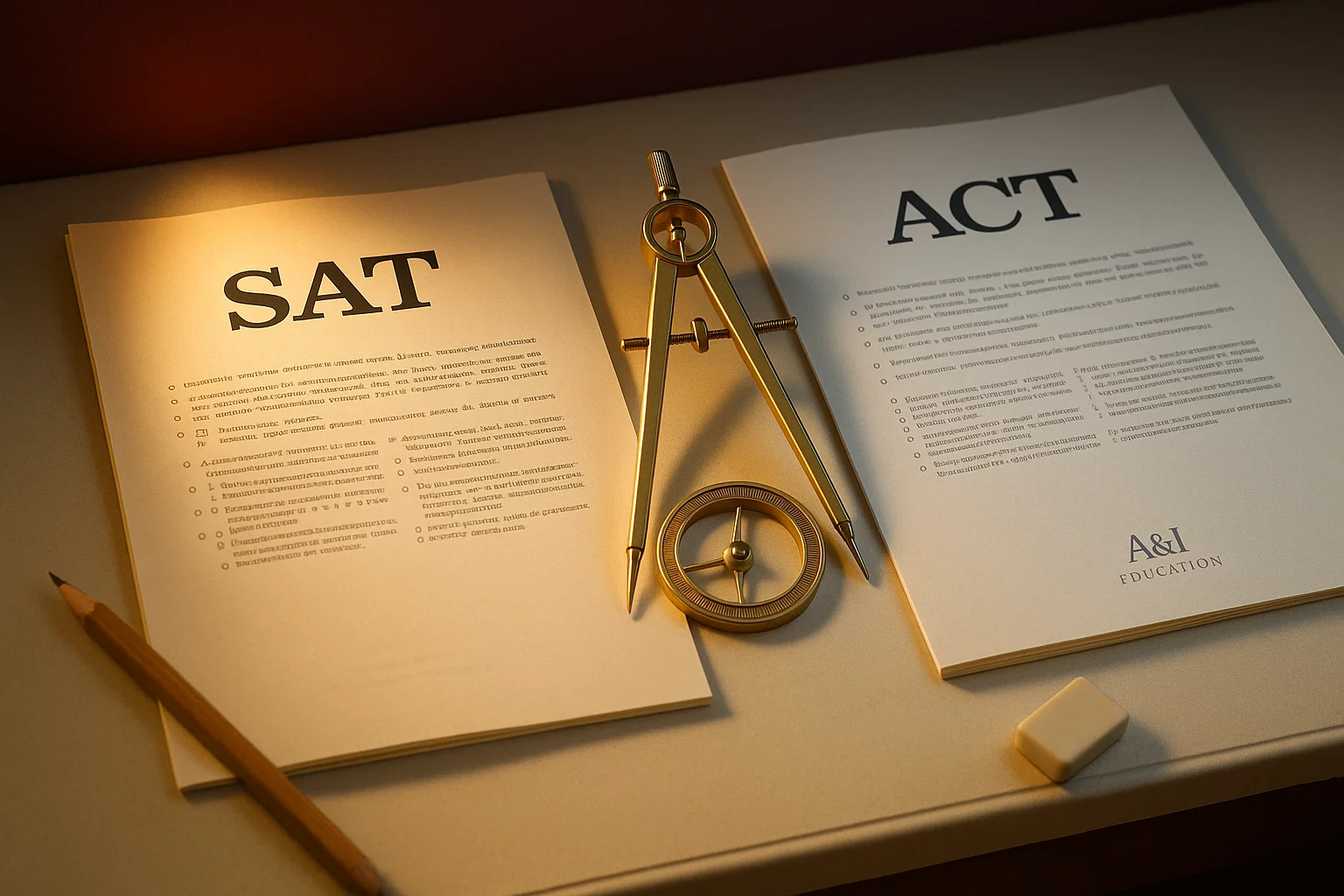
Writing Your Personal Statement: A Comprehensive Guide
June 24, 2025
The undergraduate personal statement is a crucial part of your university application, offering a unique opportunity to showcase who you are, your unique talents, and what you can bring to a university. Unlike grades, it's the only part of your application you have direct control over, making it essential for standing out, especially for competitive courses. Admissions teams receive thousands of applications, so your statement needs to give them a reason to read yours more than once.
What is a Personal Statement? An undergraduate personal statement is your chance to talk about yourself and your passions beyond your academic grades. For UCAS applications, you write one personal statement that will be read by every university you apply to. For 2026 entry, the UCAS personal statement format has changed to three specific questions, replacing the previous essay style, though the core information expected remains largely the same.

Preparing to Write Your Personal Statement
Brainstorm Key Information: Before writing, think about the practical and factual information you need to convey, as well as the more emotional and human aspects that make you distinct. Jot down why you should be offered a place, without worrying about perfection at this stage.
Consider questions such as:
- Why have you chosen this course, and what excites you about the subject?
- Is your previous or current study relevant?
- What work or life experiences have you had that might help?
- What achievements are you proud of?
- What skills do you possess that make you perfect for the course?
- What are your future career plans and ambitions?
Research Course Descriptions: Look at the course descriptions to understand what each university is looking for. This helps you tailor your content to the specific requirements and interests of the academic department.
Utilise the UCAS Personal Statement Builder: This tool in the UCAS Hub can help you structure your ideas according to the new question format and tracks your character count.
The Writing Process: Key Sections
The personal statement typically addresses your motivations for applying, relevant studies and skills, and experiences outside of formal education.
Opening (Question 1): Why this course?
Admissions Tutors read many statements, so grabbing their attention from the start is important. However, avoid overthinking the opening or using gimmicks.
- Show Enthusiasm and Understanding: Start by demonstrating your enthusiasm for the subject, showcasing your knowledge, and sharing your ambitions. Be succinct and get straight to the point about what excites you about the course.
- Avoid Clichés and Quotes: Do not start with overused phrases like "From a young age..." or "For as long as I can remember...". Similarly, avoid using famous quotes. Your opening should be genuinely personal.
- Keep it Relevant and Simple: You have a character limit (up to 4,000 characters or 47 lines), so avoid long-winded explanations.
Qualifications and Studies (Question 2): How have your qualifications prepared you?
This section is your opportunity to highlight relevant or transferable skills gained from your formal education.
- Relate Studies to the Course: Explain how your current or previous studies (school, college, online courses) relate to your chosen subject area. Focus on what's most recent and relevant.
- Demonstrate Skills and Knowledge: Prove your enthusiasm for your current studies and show how you want to build on your existing skills and knowledge.
- Mention Educational Achievements: Universities see your grades elsewhere, so don't waste space listing them. Instead, mention accomplishments like winning competitions, serving as a student ambassador, or being a team captain.
Experiences Outside of Education (Question 3): What else have you done?
This is where you discuss activities beyond formal education that demonstrate your suitability for the course.
- Work Experience, Employment, or Volunteering: Share details of jobs, placements, work experience, or voluntary work, particularly if relevant to your course. Crucially, link any experience to the skills or qualities that will make you successful. For vocational subjects like medicine or law, direct work experience is particularly appropriate. For others, general work experience is less weighted by universities like Cambridge, but still useful for demonstrating broader skills.
- Personal Life Experiences and Responsibilities: Discuss situations you've overcome or responsibilities (e.g., caring for family members) that have developed essential qualities like resilience and empathy.
- Hobbies and Extracurricular Activities: Include sports, reading, community work, or summer schools that showcase why you'd be a great student. However, for highly academic universities like Oxford and Cambridge, focus predominantly on subject-related ("super-curricular") interests rather than extensive lists of unrelated extracurriculars. They want to hear about how you are exploring your academic interests outside of school or college, giving examples of activities or resources beyond your curriculum.
- Achievements Outside School: This could include positions of responsibility (e.g., club captain), musical achievements, or competitions won. Be bold about your achievements, but keep them focused and accurate, providing evidence to back up your excitement for the course.

The ending is your chance to finish in a way that will make the admissions tutor remember you.
- Reinforce Key Points: Connect the beginning of your statement to the end, reinforcing what you said at the start. Emphasise the strong points you've already made.
- Future Plans: Looking to the future shows you are goal-oriented. Explain how the course fits into your career path or life ambitions.
- Your Contribution to University Life: You can also talk generally about what you want from your overall university experience and how you will be an asset to the university community.
- Avoid Waffle, Clichés, and Repetition: Keep the ending short, concise, and to the point. Don't just regurgitate points you've already made.

Specific Considerations for Highly Competitive Universities
For universities like Oxford and Cambridge, the personal statement plays a specific role:
- Academic Focus is Paramount: These universities primarily use the personal statement to identify candidates with the most academic potential and enthusiasm for the subject.
- "Super-Curricular" Activities: They want to hear about how you are exploring your academic interests outside of school or college, such as through further reading, podcasts, or online videos. Critically reflect on what you've learned from these activities, not just list them.
- Work Experience: For vocational subjects like Medicine or Veterinary Medicine, they want to see you've explored the field in depth to confirm your commitment, often valuing a variety of experiences. For most other academic subjects, work experience is not expected or highly weighted.
- Balance: While other universities might value extracurriculars, Cambridge explicitly states it does not place weight on them when assessing applicants, preferring subject-related interests. A 75% academic to 25% non-academic split is suggested for general applications, but for Oxbridge, the academic proportion should be even higher.
- No "Killer Opening" Needed: Admissions tutors advise against stressing over a catchy opening; a genuine and specific start showing your enthusiasm is best.
- Cambridge-Specific Statement: You may have the option to write an additional personal statement in "My Cambridge Application" if you run out of space for academic interests in your UCAS statement. This is optional and your application won't be disadvantaged if you don't use it.
- Interview Preparation: Re-read your personal statement before interviews, as some subjects may refer to it, and you should be ready to elaborate on what you wrote.

Final Checks and Tips
- Proofread Meticulously: Do not rely solely on spellcheckers. Read your statement aloud to catch errors and ensure it sounds like you. There's no excuse for submitting a statement with spelling or grammatical errors.
- Get Feedback: Ask friends, family, teachers, or a careers advisor to read through your statement and be open to their feedback. It might take several drafts to get it right.
- Avoid Plagiarism: UCAS scans all personal statements for similarity. Any similarity greater than 30% will be flagged to universities, which could jeopardise your application. Do not copy from online sources or friends.
- Use AI Tools with Caution: While AI tools like ChatGPT exist, they should not be used to write your personal statement for you. If you use them, ensure you thoroughly edit and personalise the text to make it genuinely yours, or you risk plagiarism detection.
- Don't Overstate or Exaggerate: If you exaggerate your experiences, you might be caught out during an interview. Be genuine and be yourself.
- Take Breaks: If you're struggling, take a break and come back to it with fresh eyes. Don't rush the ending.
As you refine your writing, we strongly encourage you to seek examples from your school’s alumni who have successfully gained places on similar courses, or from trusted educational professionals who understand the expectations of top-tier universities.
At A&J Education, we support students throughout every stage of the writing process — from initial brainstorming to final proofreading — ensuring that each statement reflects the individual behind it, while meeting the academic and structural standards expected by competitive institutions.
Whether you’re aiming for Oxbridge, a Russell Group university, or a specialist course, we’re here to help you turn your achievements and aspirations into a compelling, authentic application.
.png)
Navigating Global Admissions: A Comprehensive Guide to US vs. UK Personal Statements
The university application process, while universally aimed at identifying promising candidates, varies significantly across different educational systems. Among the most crucial components of any application is the personal statement, a unique opportunity for aspiring students to articulate their individuality and aspirations beyond academic transcripts and test scores. However, the expectations for this pivotal document diverge considerably between the United States and the United Kingdom, necessitating a tailored approach for applicants considering both destinations.


HEAD BACK TO STORIES
THIS HAPPENING




















.png)

